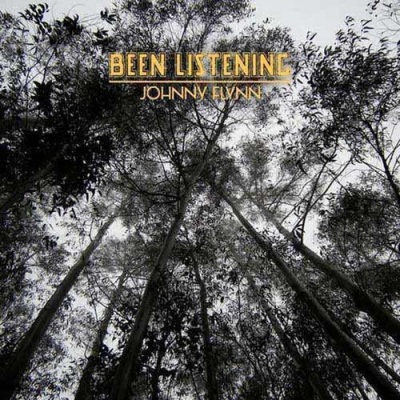
Been Listening
Any folk act shortlisted for the annual Mercury Prize is usually acknowledged as a token representative of a genre unlikely to ever call the award its own. Norma Waterson, Kate Rusby, Kathryn Williams – these excellent artists have simply made up the numbers in the ears of several commentators. But this year there’s a new commercial seam running through those at the vanguard of crossover-friendly folk, as the likes of Laura Marling, Mumford & Sons, Stornoway and Noah and the Whale find themselves tipped for nomination. And it’s safe to suggest that Johnny Flynn warrants addition to that starry list. The man is, in fact, man plus band – the …and the Sussex Wit suffix was dropped ahead of 2008’s debut album A Larum, but the line-up extends to five further musicians. And the results on this second album are absolutely indicative of a group effort, as warmth derived from delicate instrumental layering wraps around narratives delivered with a croak of world-weariness that belies their master’s tender age. Flynn’s gritty, bitty vocal could grate over the course of a complete long-player, but such is the colour in his wordplay that rarely does one’s attention wander from what he has to say. From read-into-it-what-you-will analogies to stories of tackling adversity wrapped up in war metaphors, an acting background plays its part in ensuring Flynn’s delivery is convincingly confident, despite the often sensitive subjects addressed. Marling makes an appearance on The Water, one of a handful of tracks to reference the life-giving and taking properties of the titular substance via further adventures into allegory. The two are friends – that debut’s title is an anagram of Laura M – and they complement each other well. Indeed, this is the best guest turn from Marling since she graced Mystery Jets’ sublime Young Love single of 2008, as gravel turns to soft sand underfoot, and back again. “The water can’t drown me / I’m done with my dying,” the pair sigh in unison – bleak on paper, but the sentiment’s stirring when set against an backdrop of sharp plucks and light percussion sparkling with uncommon beauty. Howl finds Flynn channelling a more than a little Tom Waits, while closer The Prizefighter and the Heiress melds lovelorn articulateness with reserved abandon – it’s as ‘traditional’ as this record gets compositionally, yet thoroughly contemporary of tone thanks to the breakthrough of the aforementioned peer acts. So the Mercury in 2010, then: don’t be too surprised if the quieter side of British songwriting finally breaks its duck, as Flynn’s latest joins a select collection of similarly styled releases deserving considerable acclaim. --Mike Diver
